Mouse models
Recent articles
Gene replacement therapy normalizes some traits in SYNGAP1 model mice
The first published virus-based gene therapy for SYNGAP1 deletion yields benefits despite the gene’s long length and complexity.
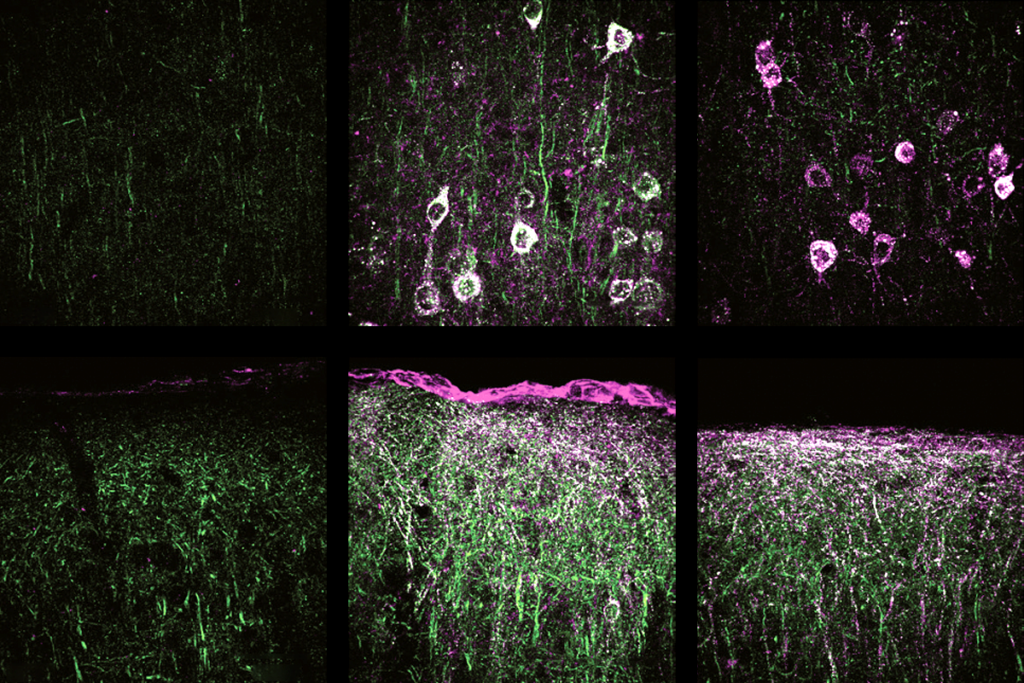
Gene replacement therapy normalizes some traits in SYNGAP1 model mice
The first published virus-based gene therapy for SYNGAP1 deletion yields benefits despite the gene’s long length and complexity.
Constellation of studies charts brain development, offers ‘dramatic revision’
The atlases could pinpoint pathways that determine the fate of cells linked to neurodevelopmental conditions.
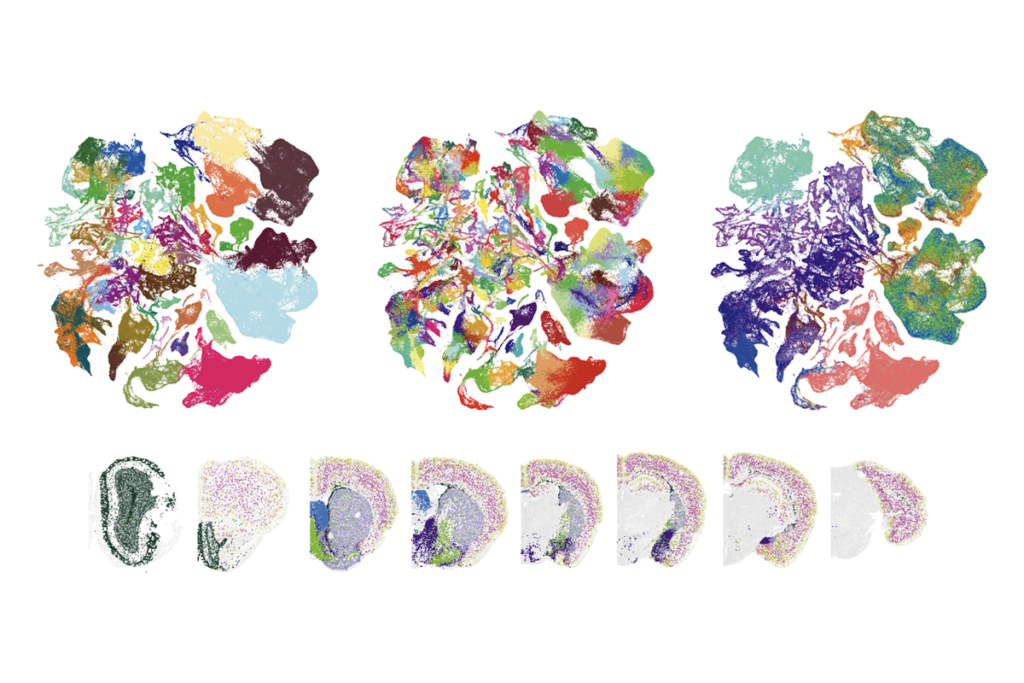
Constellation of studies charts brain development, offers ‘dramatic revision’
The atlases could pinpoint pathways that determine the fate of cells linked to neurodevelopmental conditions.
Protein tug-of-war controls pace of synaptic development, sets human brains apart
Human-specific duplicates of SRGAP2 prolong cortical development by manipulating SYNGAP, an autism-linked protein that slows synaptic growth.
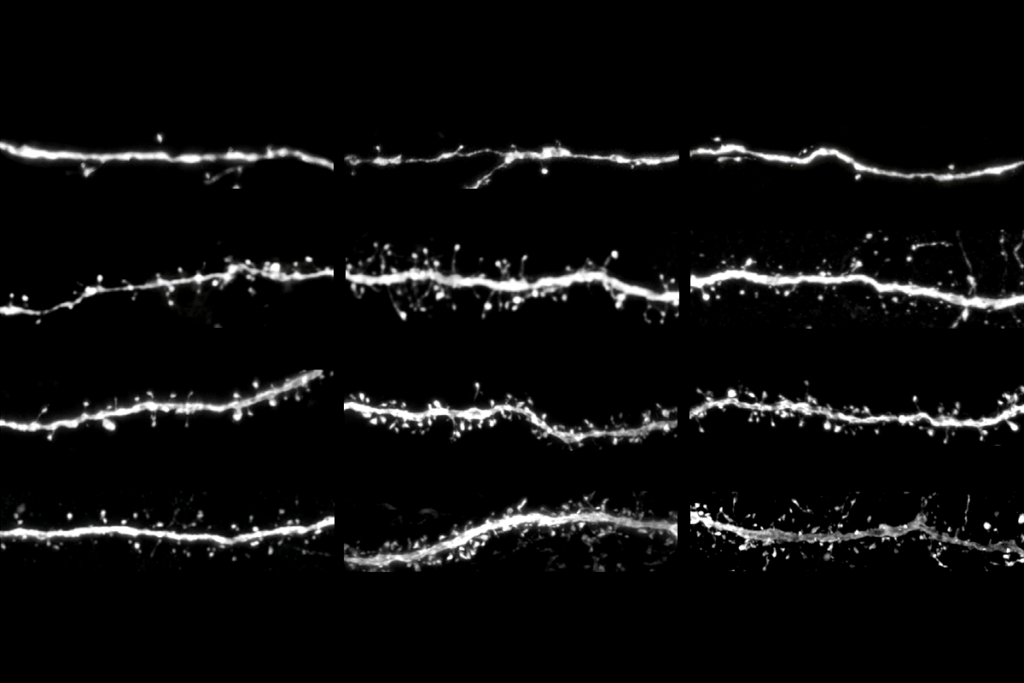
Protein tug-of-war controls pace of synaptic development, sets human brains apart
Human-specific duplicates of SRGAP2 prolong cortical development by manipulating SYNGAP, an autism-linked protein that slows synaptic growth.
Boosting SCN2A expression reduces seizures in mice
A modified form of CRISPR amps up expression of the gene—a strategy that could apply to other gene variations linked to autism.
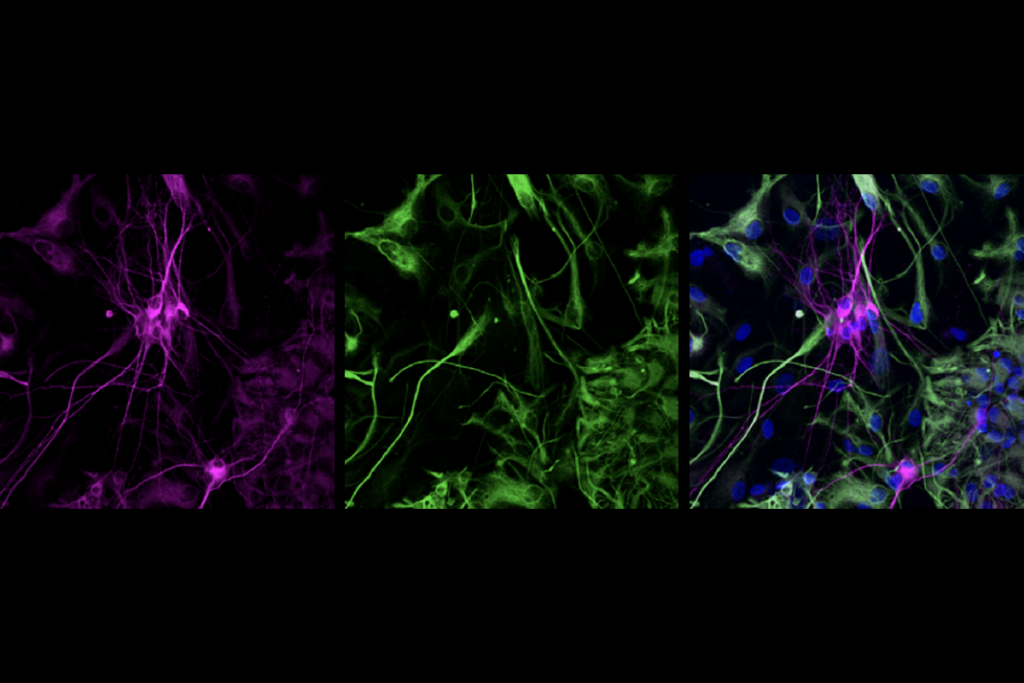
Boosting SCN2A expression reduces seizures in mice
A modified form of CRISPR amps up expression of the gene—a strategy that could apply to other gene variations linked to autism.
Sensory gatekeeper drives seizures, autism-like behaviors in mouse model
The new work, in mice missing the autism-linked gene CNTNAP2, suggests a mechanism to help explain the overlap between epilepsy and autism.
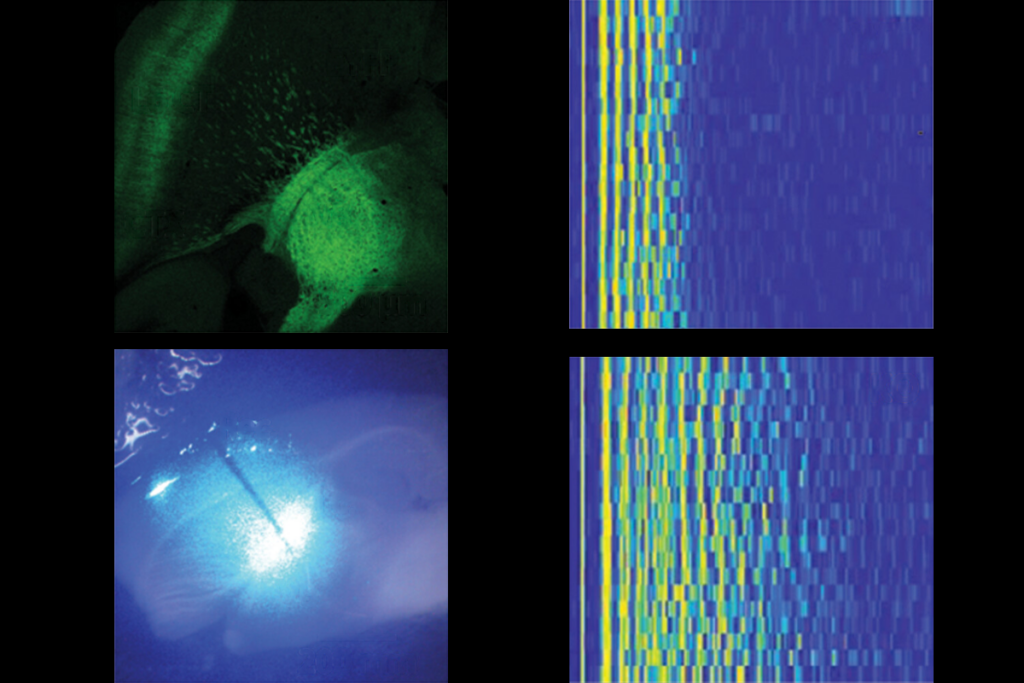
Sensory gatekeeper drives seizures, autism-like behaviors in mouse model
The new work, in mice missing the autism-linked gene CNTNAP2, suggests a mechanism to help explain the overlap between epilepsy and autism.
Up and out with Peggy Mason
Mason helped define the rodent prosocial behavior field, but now she’s changing course.
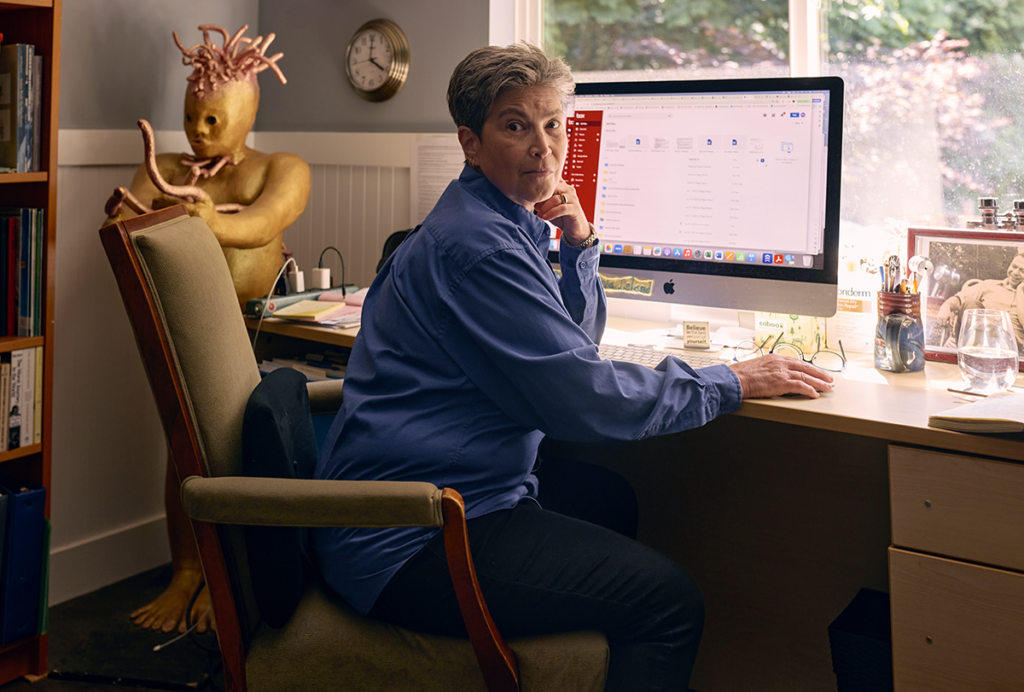
Up and out with Peggy Mason
Mason helped define the rodent prosocial behavior field, but now she’s changing course.
This paper changed my life: Victoria Abraira on a tasty link between circuits and behavior
The findings from Charles Zuker’s lab put the taste system on the map, revealing that some fundamental principles of behavior are hardwired.
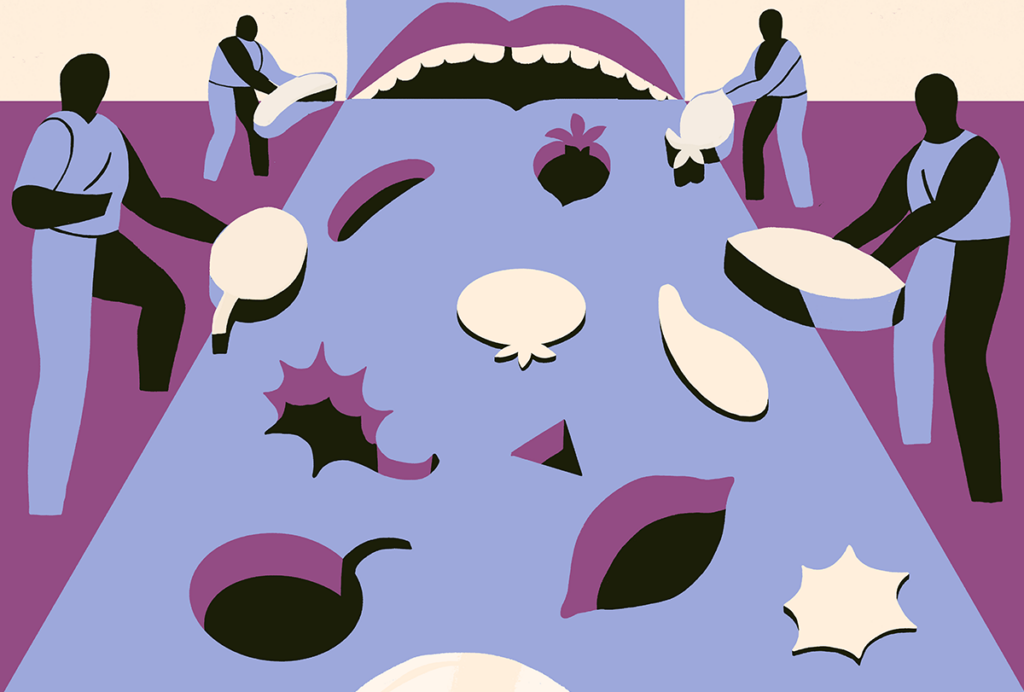
This paper changed my life: Victoria Abraira on a tasty link between circuits and behavior
The findings from Charles Zuker’s lab put the taste system on the map, revealing that some fundamental principles of behavior are hardwired.
Systems and circuit neuroscience need an evolutionary perspective
To identify fundamental neuroscientific principles that generalize across species, neuroscientists must frame their research through an evolutionary lens.
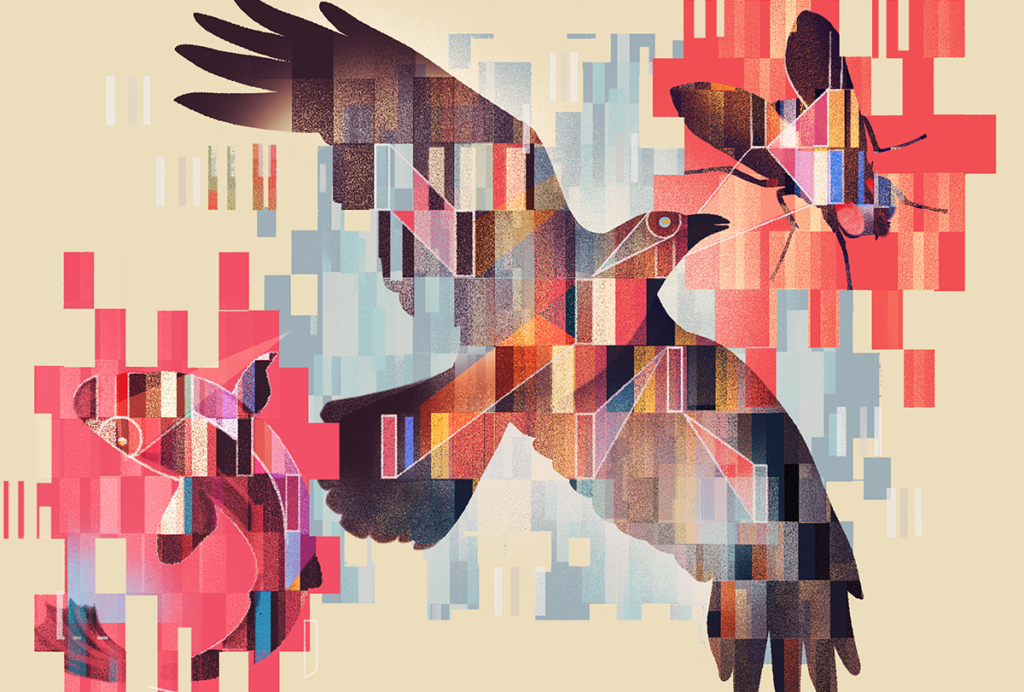
Systems and circuit neuroscience need an evolutionary perspective
To identify fundamental neuroscientific principles that generalize across species, neuroscientists must frame their research through an evolutionary lens.
The big idea with Diego Bohórquez
His theories around the neuropod have challenged the boundaries of classic ideas regarding gut-brain communication.
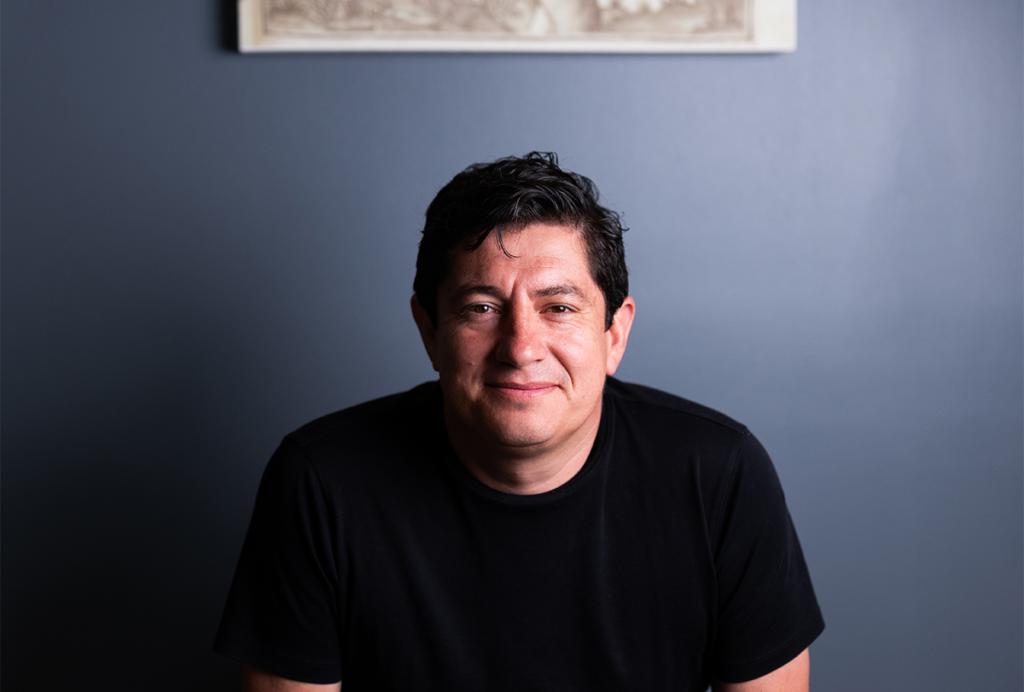
The big idea with Diego Bohórquez
His theories around the neuropod have challenged the boundaries of classic ideas regarding gut-brain communication.
Sounding the alarm on pseudoreplication: Q&A with Constantinos Eleftheriou and Peter Kind
Most studies of neurological disorders in mice erroneously treat multiple samples from a single animal as independent replicates, according to a new analysis. But scientists and journals can take steps to curb this practice.

Sounding the alarm on pseudoreplication: Q&A with Constantinos Eleftheriou and Peter Kind
Most studies of neurological disorders in mice erroneously treat multiple samples from a single animal as independent replicates, according to a new analysis. But scientists and journals can take steps to curb this practice.
Explore more from The Transmitter
Psilocybin rewires specific mouse cortical networks in lasting ways
Neuronal activity induced by the psychedelic drug strengthens inputs from sensory brain areas and weakens cortico-cortical recurrent loops.
Psilocybin rewires specific mouse cortical networks in lasting ways
Neuronal activity induced by the psychedelic drug strengthens inputs from sensory brain areas and weakens cortico-cortical recurrent loops.
Home makeover helps rats better express themselves: Q&A with Raven Hickson and Peter Kind
The “Habitat”—a complex environment with space for large social groups—expands the behavioral repertoire of rodent models, Hickson and Kind say.
Home makeover helps rats better express themselves: Q&A with Raven Hickson and Peter Kind
The “Habitat”—a complex environment with space for large social groups—expands the behavioral repertoire of rodent models, Hickson and Kind say.
Tatiana Engel explains how to connect high-dimensional neural circuitry with low-dimensional cognitive functions
Neuroscientists have long sought to understand the relationship between structure and function in the vast connectivity and activity patterns in the brain. Engel discusses her modeling approach to discovering the hidden patterns that connect the two.
Tatiana Engel explains how to connect high-dimensional neural circuitry with low-dimensional cognitive functions
Neuroscientists have long sought to understand the relationship between structure and function in the vast connectivity and activity patterns in the brain. Engel discusses her modeling approach to discovering the hidden patterns that connect the two.